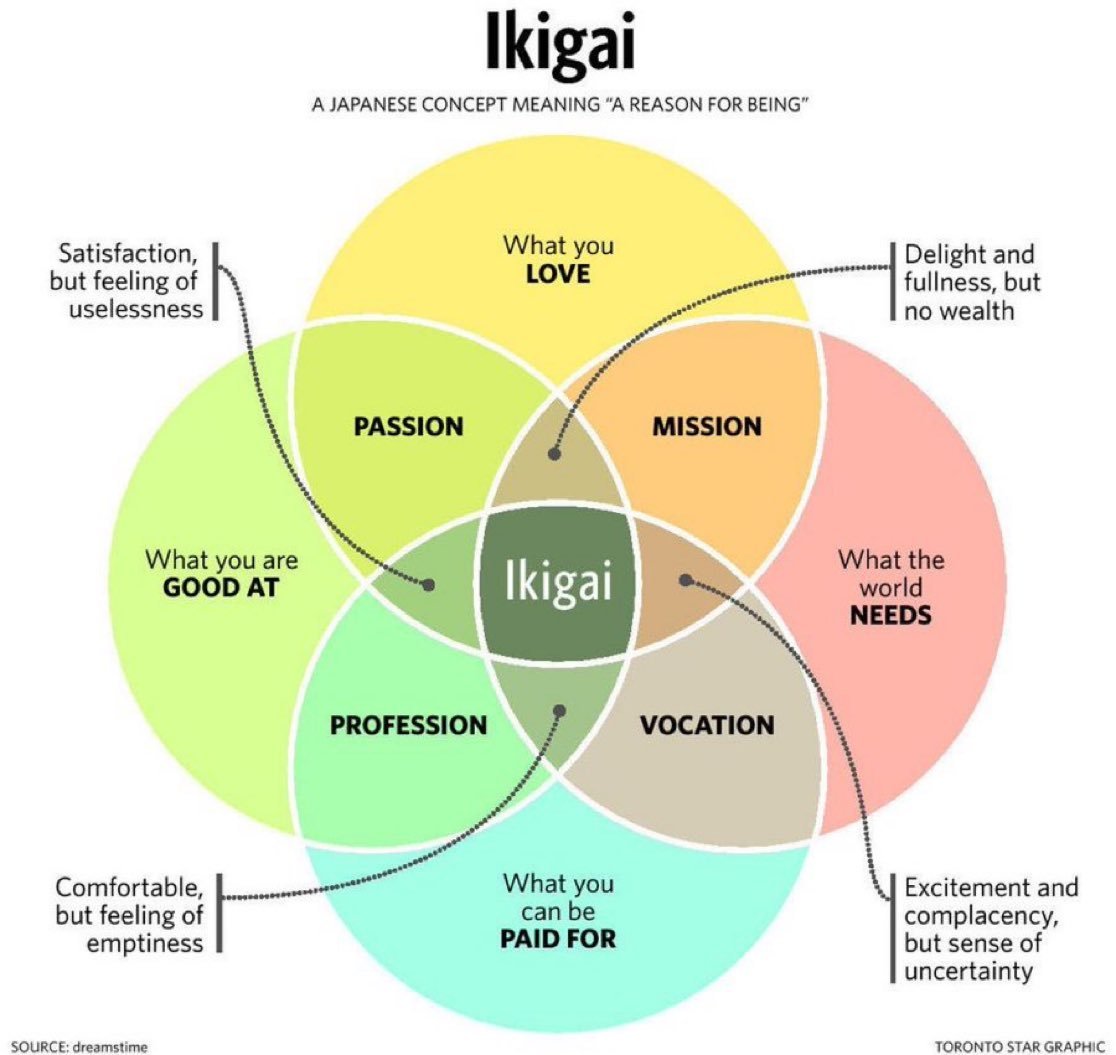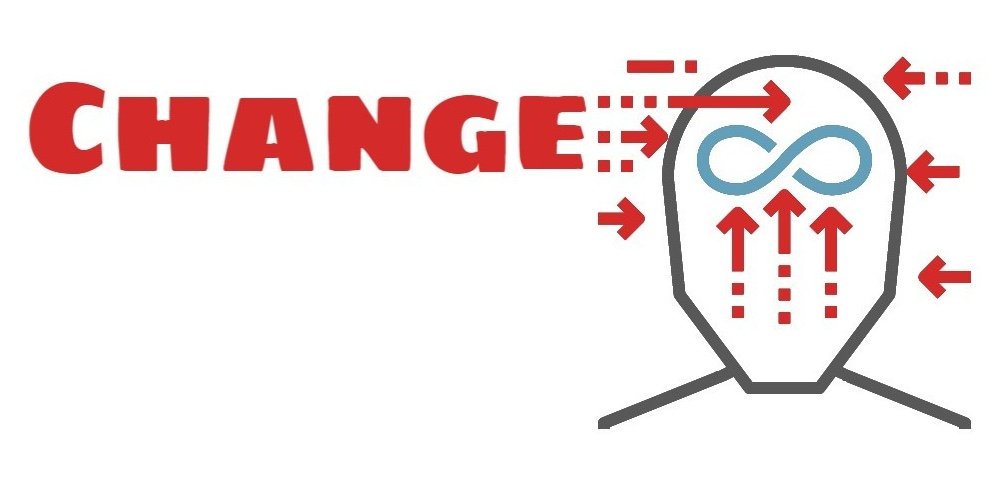Who is the real expert on corporate culture?
Is it the CEO or the people on the ground, particularly those from underrepresented groups? In my experience, it’s often the individuals from underrepresented groups who are most in tune with the subtle cues of culture. They can tell us a lot about what certain signals and statements mean in practice, and how they are thought of and treated within the organisation. Contact me via e-mail if you would you like us to at your organisations cultural landscape.
How do you know?
Where does your team fall on the cultural mindset continuum (e.g., fixed vs. growth mindset)?
How can you recognise cultural features through your organisation’s cultural artifacts?
How do you structure the start and end of your meetings?
In what ways do you praise or acknowledge your team members' contributions?
How do you approach situations when team members make mistakes?
What practices, policies, and norms do you have in place that shape your culture?
Are you open to discussing your organisation's culture with me?
Feel free to contact me via email for a cultural review.
Understanding kindness
We can restore humanity and dignity to the workplace by empowering people to take ownership of the process. With the right approach to continuous improvement, we can cultivate the humility, courage, and creativity needed to put things in their proper place. I think the key is to start by re-examining how we view humans, both in general and within the working context.
““I’m for the truth, no matter who tells it. I’m for justice, no matter who it is for or against. I’m a human being first and foremost, and as such I’m for whoever and whatever benefits humanity as a whole.””
Attitude determines altitude
Our attitude towards both our professional and personal lives will determine how far we go in business and in life. Attitude is a choice, not a skillset. By adopting an attitude of gratitude, you'll achieve greater success in business and experience countless blessings in life. So, change your attitude and stop making excuses.
“ “It’s your attitude, not your aptitude that will determine your altitude.””
Explain rather than excuse
I'm focused on deliverables, not just activity, so during our knowledge work team meeting about objectives, I want to emphasise results over excuses. Few of us have had the privilege of working on high-performance teams where we're genuinely excited to go to work, and that's the kind of environment I want to foster. What about you?
“Not managing your time and making excuses are two bad habits. Don’t put them both together by claiming you ‘don’t have the time’.””
Stop making excuses
I think there are only two options: make progress or make excuses.
““Maturity is when you stop complaining and making excuses, and start making changes.””
Slow down
What game are you playing?
There is a distinction between seeking to have the right answer and building the capacity to generate the right answer, one is a short-term win and the other has a much longer shelf life. I think passing down wisdom, especially through oral history, is vital for preserving culture, maintaining and transmitting identity, values, and traditions. It allows us to learn from the past, offering lessons from previous generations' experiences while using historical insights to address modern challenges innovatively. Wisdom sharing also strengthens community bonds by fostering common narratives and understanding.
Holding a grudge
People are often more forgiving than you think; people forget. When someone makes a mistake, they remember the times they themselves sought forgiveness. To encourage empathy, simply ask them to reflect on their own experiences: "Haven't you ever made a mistake?" By helping others recognise that everyone makes mistakes, you humanise your error and create a pathway for forgiveness. I think this approach can absolve you of your wrongdoing and prompt others to give you another chance. When you learn to acknowledge and accept your own mistakes, you gain the strength to move forward, and no one can diminish that inner resilience.
The concept of ikigai
Japan is one of the world's most homogeneous countries, with approximately 98% of the population being ethnic Japanese. The Japanese secret to a long, happy, and meaningful life is “ikigai.” Ikigai is where your passion meets your mission, vocation, and profession. It is the intersection of:
What you love
What you are good at
What the world needs
What you can get paid for
It may be worth exploring
I fully understand that choosing me over an established market leader is risky. The fear of making a poor decision, looking bad in front of your boss, and facing repercussions because of your choice are all significant factors in the business-to-business decision-making process. This is why market leaders hold such an advantage: they represent the safe option. You can confidently tell your boss that you considered all alternatives but chose "X" because of their reputable background with prominent companies.
I think challenging this established procedure necessitates a thoughtful approach. While established market leaders are often seen as the safe choice due to their proven track record, this perception can stifle innovation and limit opportunities for new, potentially superior solutions. By daring to choose a less conventional option, you not only demonstrate confidence in your decision-making abilities but also open the door to unique advantages that the market leader may not provide. Embracing this challenge can lead to significant benefits and differentiation in a competitive landscape.
It never happens
I think that if you are not being creative, then you are not being fully rational. If you don’t allow room for the imagination, you’re not actually being intelligent; you’re only being logical. Truly robust and rigorous decision-making must involve a degree of mental experimentation.
Have you ever heard of a CFO asking the design department for their thoughts on the numbers in the quarterly forecast before presenting them to the accountants?
““Creative people must always present their ideas to rational people. Note this never happens the other way round.””
Back in the days
Before becoming president, Barack Obama engaged with Black culture by addressing themes such as cultural identity, racial inequality, and the importance of education and opportunity. He drew inspiration from historical figures and worked in African American communities, advocating for change through grassroots efforts and policy initiatives.
Do as you are told
The first time I heard that people don’t want to do anything which is not an assignment or things where they have to take responsibility for was in Denmark. When I dug a little deeper into the psyche, I realised that the first rule of indoctrination is that you are not supposed to know that you have been indoctrinated. And Danes have been indoctrinated from a very young age to be cogs in the industrial system. To do what the teacher says, to do the minimum or else your boss will take more, to try to avoid responsibility and look to the “authorities” for guidance of what to do. I think all of those things are baked into the culture from the day that our children are born in Denmark. Contact me via email to let me know your thoughts on the matter.
Throwback Thursday
I don’t think Black people are in the position to be racist because Black people do not have the power or control over the economy, politics, education, recruitment, housing, etc., etc. And if you are in doubt, please watch the “Jane Elliott experiment“ from 1968, it’s a 6 minute video.
““The denial of racism is essential for the survival of racism.””
A sad day for Denmark
Martin Kristiansen
The historic Danish Stock Exchange (Børsen) is burning. The building dates back to 1625, and is approx. 200m away from Denmark's parliament. It’s an extremely sad day for Denmark.
The real deal
Many people think vulnerability was a repellent, and I think it’s the world’s greatest magnet as it brings everybody to you. Nowadays, the greatest supply in the world is the opposite of vulnerability - it’s curating our lives on social media, and only showing the best parts of being successful and having picturesque holidays. On the other hand, the things that are in the highest demand are the things that we can relate to in 99% of our lives - the struggles, insecurities, doubts, etc. These are the elements in highest demand yet in lowest supply. When someone shares their struggles it increases oxytocin levels and we feel more connected to them.
““You cannot transmit something you haven’t got.””
The tip of the spear
Democracy is being able to speak your mind but with respect and without oppression. I think it's about persuading others through reasoned arguments and maintaining composure is crucial, especially the people in power as they should lead by example. When our government falls short in fostering such an environment, it falls upon us, as citizens, to counteract the polarisation that plagues our society.
““Never hold your head down, never say you can’t, never limit yourself, and never stop believing.””
The pathway to growth
c/o McKinsey & Company
Imagine growing up with the understanding that simply being yourself would be perceived as a problem. Subconsciously, you're constantly met with the message that what you have to offer holds no value. You're left with two options: conform to the existing norms and expectations, or take on the daunting task of building an entirely new framework from scratch. I think this persistent challenge shapes not only your perception of yourself but also your approach to navigating the world around you.
““To make difference in someone’s life, you don’t have to be rich, beautiful, or perfect. You just have to care.” ”
I can see clearly now
Your perspective is always limited to the extent of your knowledge. I think by broadening your understanding, you open doors to transforming your mindset. By delving into your true history can empower you, instilling boldness, and self-confidence. Not everything needs a reaction; instead master your emotions by training your mind to stay calm, think, and then act with purpose.
““If you cannot be corrected without being offended, then you will not truly grow in life.””
Understanding change
c/o LinkedIn
Understanding what we can change and what we cannot change in this world creates a wonderful harmony, because when we cannot do anything about it, then we just have to accept it. This is part of our life, and life is very imperfect and I am imperfect, I’m neither good or bad, I’m just a regular human being. And through this method of acceptance we can take giant steps towards a greater realm of happiness.
““God, grant me the serenity to accept the things I cannot change, the courage to change the things I can, and the wisdom to know the difference.””





















